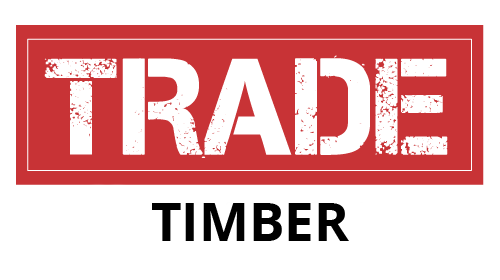What is CLS timber is a frequently asked question. CLS timber stands for ‘Canadian Lumber Standard’, this refers to a softwood timber that has been planed and eased on each side, which leaves a smooth finish. CLS timber originates in Canada and is known for its high-quality material, regular dimensions, and versatility. CLS Timber can be made from a variety of soft woods including fir, spruce, or pine, known collectively as SPF.
CLS timber is known for its reliability and versatile nature. CLS timber can be applied to a wide selection of applications including new buildings, extensions, structural frames, or even crafting homemade furniture as well as DIY projects.

The Benefits of CLS Timber
- Cost-effective and affordable
- Sustainable and energy efficient
- Versatile and available for a range of applications
- Readily available with widespread availability
- Strong and reliable
- Dimensional stability
- Aesthetically pleasing
- Kiln dried and treated for longer lasting results
- Available in different strength grades
- Available in different lengths and sizes
- Easy to cut and install
- Withstands high temperatures without degrading
The Different Types Of CLS Timber Products
CLS timber beams are available in a variety of sizes and lengths in strength grades of C16 and C24 which are designed for difference projects and applications. CLS can be easily cut to size if needed however the wide selection of lengths will reduce waste. CLS is available in lengths from 2.4m to 6m and thicknesses from 38mm to 75mm. Finished sizes of the timber are also referred to as 6×2, 3×2, or 4×2. Choosing between C16 and C24 depends on the project requirements and strength requirements.
C16 vs C24
C16 and C24 represent the two grades of strength and structural integrity for CLS timber battens. C24 is the stronger of the two and the strength is reflected in the price. C16 is a lower strength grade and cheaper in price. The C16 is often used within applications where lower loads are anticipated and less weight is applied such as partition walls and internal framing systems. C24 on the other hand offers a higher strength and standard and is often used for structural elements required for heavier loads such as floors joists, roof rafters, and new build constructions.
CLS Timber Applications
CLS timber is high in strength and versatile and commonly used for internal applications. CLS timber can also be applied outdoors providing additional treatment methods have been applied to ensure it is suitable for external weather conditions that can result in rot or decay.
Installation methods include:
Studwork and Framing
CLS timber can be used for construction framing within residential and commercial buildings. Due to its strong and diverse nature it is the ideal product for constructing walls, partition walls, door and window framing, roof battening and other structural elements such as floor joists.
DIY Projects
CLS Timber is easy to use and due to its planed and rounded finish, is the ideal product for DIY enthusiasts and do it yourselfers. It can be used for a wide range of applications such as garden structures, workbenches, building shelves and indoor furniture as well as other home improvements.
What is CLS Timber Treated With?
CLS timber is kiln dried prior to being pressure treated and planed, which helps to remove moisture and add strength to the wood in order to prevent the timber warping and shrinking over time. CLS Timber, like many timber products used for construction purposes, can be treated to enhance resistance to rot, decay, and pests. During the treatment the timber is permeated with preservatives. The preservatives often include copper compounds including copper azole (CA) or copper chromium arsenic (CCA) and other synthetic chemicals such as creosote and pentachlorophenol (PCP). The chosen treatment will be dependent on factors including protection, building regulations, environmental regulations, and how to timber is installed. These treatments seep through the timber and provide lasting protection from deterioration. This will in turn lengthen the lifespan of the timber and secure its structural integrity when outdoors or in moist environments.










